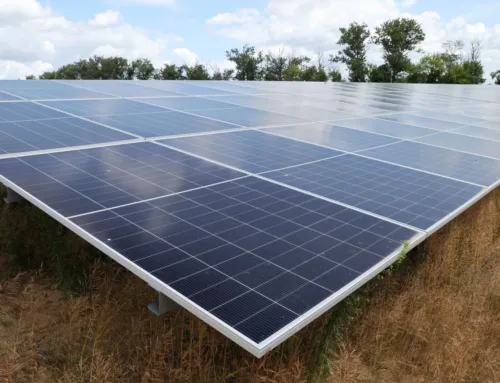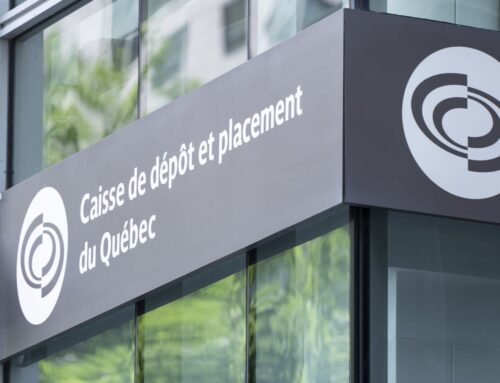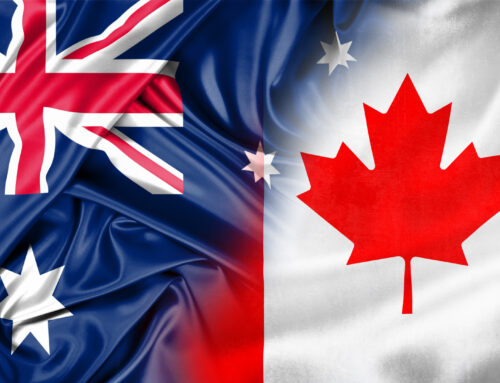Cannabis Is Legal! Seriously
September 22, 2025
As a cannabis attorney, I’m often asked when cannabis will finally be legalized, to which I always respond, “Cannabis has been legal for almost a decade.” This response is often met with confused looks, but it’s true. Congress first legalized “industrial hemp” in 2014. In response to the rapid rise of the market for CBD and other cannabinoid products, Congress dropped the “industrial” prefix and dramatically expanded the definition of “hemp” in the 2018 Farm Bill to include the plant and all of its “cannabinoids, extracts, derivatives, isomers” etc.
Contrary to popular belief, “hemp” is cannabis; it’s not a separate plant species. In fact, the sole distinction between legal cannabis (hemp) and illegal cannabis (marijuana) is the concentration of delta-9 THC. Cannabis with more than 0.3 percent THC is marijuana. All other cannabis is hemp. This distinction is mostly immaterial as evidenced by a growing national market for consumer cannabis products, including ones that cause intoxication.
Right now, Total Wine carries THC beverages and DoorDash delivers an array of “hemp derived” cannabis products, such as flower, vapes, gummies as well as THC drinks throughout many parts of the country, including in states where marijuana is illegal. Many of my clients have direct-to-consumer websites where they sell cannabis products, all made from legal hemp to people throughout the US. One of my clients has even been called the “Amazon of weed.” Notably, all of its products meet the federal definition of hemp. Another client is one of the largest cannabis seed banks in the world. It legally sells its seeds to consumers throughout the US so that they can grow their own cannabis.
How can this be given the rhetoric about the need for “legalization” and the apparently stalled efforts at rescheduling marijuana?
Let’s start with seeds. Cannabis is a plant and all cannabis products flow from it. As I said above, hemp is cannabis. Since the sole legal distinction between legal hemp and illegal marijuana is the concentration of THC, cannabis seeds with no more than 0.3 percent THC are lawful hemp. Importantly, the potential for a seed to grow into a plant with more than 0.3 percent THC is irrelevant to its legal status. This has been confirmed by the DEA. As it turns out, no cannabis seeds contain more than 0.3 percent THC. This is because cannabis seeds don’t actually produce THC. The THC they carry is the residue on their surfaces from touching other parts of the plant, most of which is easily washed off. From a practical standpoint, this means that all cannabis seeds are therefore lawful.
What about consumable THC products? It has long been assumed that in legalizing hemp that Congress didn’t intend to create a market for intoxicating products. Regardless of what Congress may have intended to do, the expansive definition it created for hemp clearly paved the way for the wide array of hemp-derived THC products that are sold throughout the US. These include inhalables such as buds, prerolls, flower and vapes and edibles including gummies, drinks, tinctures and various food products, all of which have the capacity to cause intoxication. You might ask how this is possible given that the THC limit for hemp is 0.3 percent. In other words, how can you make an intoxicating product from hemp, which by law may only contain a small amount of THC? The answer is that the limit is based on the percentage of THC, and not the actual milligrams. For instance, a hemp-derived THC gummy can easily contain 20 milligrams of THC—more than sufficient to cause intoxication—while remaining within the 0.3 percent limit. The same is true for drinks, vapes, tinctures and other consumable product categories.
Hemp has emerged, perhaps unexpectedly, as the primary vehicle for full cannabis legalization. While marijuana reform languishes, hemp has been legal for more than a decade. During that time, products derived from hemp have increased substantially to include many different categories and formats. The market for these products has rapidly expanded, and many well-known marijuana brands are pivoting into the hemp market. New regulatory models are also emerging. The best ones are based on what I call the “Three Pillars” approach. These pillars refer to appropriate age-limits, safe manufacturing and proper labeling, all designed to ensure that adults are able to make good choices about the safe cannabis products they choose to consume.
As the battle for cannabis reform rages, and prohibitionists continue to spread disinformation, hemp has demonstrated that a nationwide legal cannabis market is both desired and viable. Hemp is cannabis and I strongly encourage you to support pro-hemp bills in the US Congress and in your home state.
Search
RECENT PRESS RELEASES
Related Post




